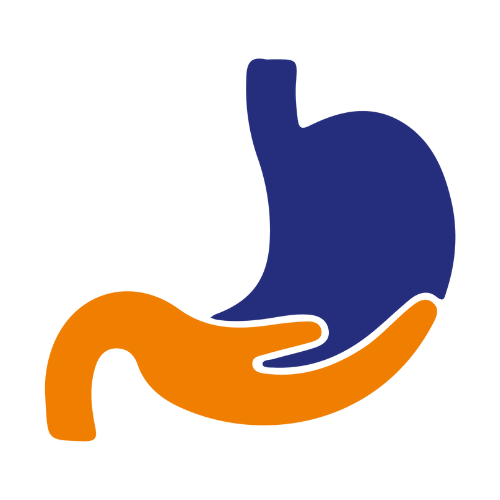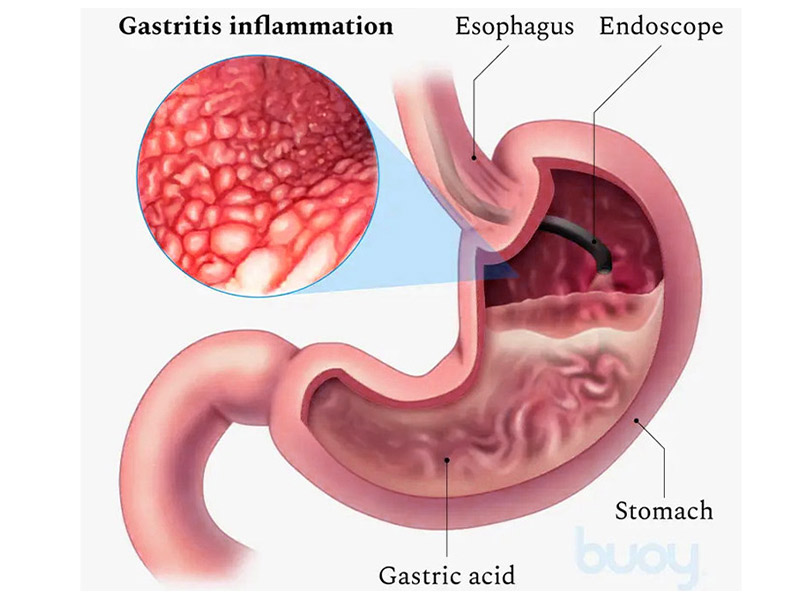Gastritis
Gastritis is an inflammation of the stomach’s lining. It’s a common gastro condition resulting from a wide range of causes. There are two types of gastritis: Acute Gastritis, in which the inflammation is sudden & severe; & Chronic Gastritis, which involves long term inflammation that can last for years if untreated.
Gastritis may also be classified as Erosive Gastritis (wears out the stomach lining) & Non Erosive Gastritis (changes the lining of the stomach).
What are the Symptoms?
- Nausea
- Bloating of the stomach
- Indigestion
- Vomiting
- Hiccups
- Loss of Appetite
- Burning sensation in the stomach
What are the Causes?
Weakness or injury to mucus-lined barrier in the stomach leads to damage & inflammation of the lining of the stomach cavity.
Other common causes include:
- H. Pylori: Helicobacter pylori is a bacteria which develops in the mucous lining of the stomach. If left untreated, it can cause ulcers and in rare cases, may also cause stomach cancer
- Bile reflux: A reverse flow of bile back into the stomach can lead to irritation & gastritis
- Infections caused by bacteria & viruses
How is it Diagnosed?
After a review of the patient’s personal & family history, the doctor would perform a thorough physical examination & may recommend the following tests:
- Upper Endoscopy
- Blood Tests to check your red blood count & screen for H pylori infection
- Stool Test to check for presence of blood in bowel movements
What are the Risk Factor?
Certain diseases & medical conditions such as Crohn’s disease tend to increase your risk of gastritis. Other risk factors for gastritis are:
- Regular use of pain killers
- Older age
- Severe Stress due to major surgery, injury or burns
- Excessive consumption of alcohol
How is it Treated?
- Antibiotic Medications
- Antacids
- Proton Pump Inhibitors
- Anti Nausea Medications.

